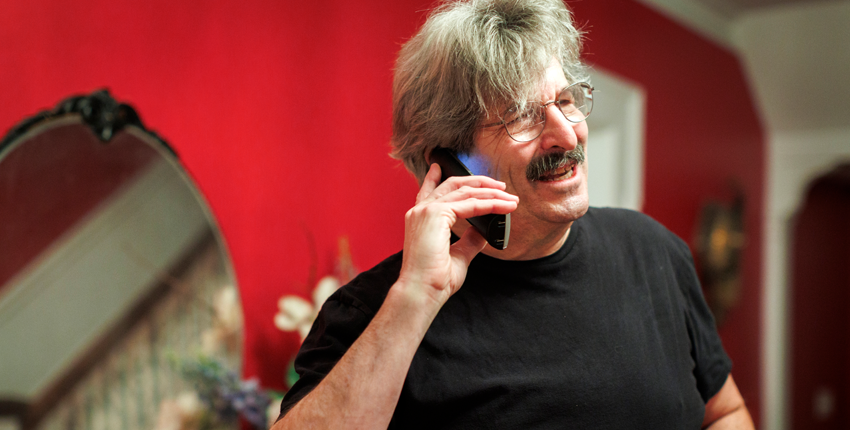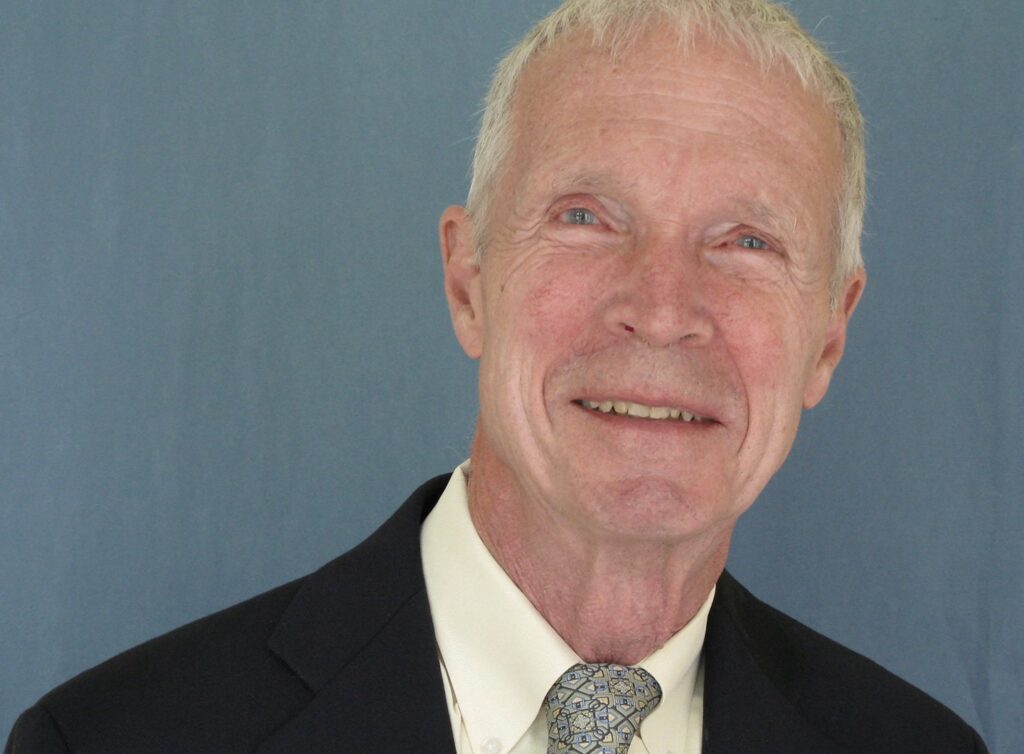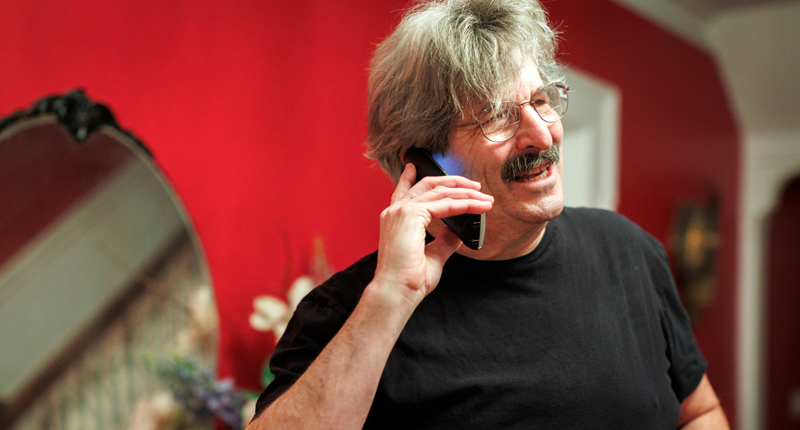David Baker, UC Berkeley Ph.D., awarded 2024 Nobel Prize in Chemistry – Berkeley News
This year’s Nobel Prize in Chemistry was shared by David Baker, a biochemist who received his Ph.D. from UC Berkeley in 1989 working with Randy Schekman, professor of molecular and cell biology who won the 2013 Nobel Prize in Physiology or Medicine.
At Berkeley, Baker conducted research mainly on protein transport and protein trafficking in yeast, a field in which Schekman received his prize.
“His energy, enthusiasm and excellence have transformed the work in my lab to allow biochemical methods to advance our genetic analysis of how proteins are produced,” said Schekman. “Baker’s success didn’t happen. He has a rare gift for creativity and the confidence to make magic happen in the laboratory. ”
After a postdoctoral fellowship at UCSF, Baker joined the biochemistry department at the University of Washington School of Medicine in Seattle and began working on computational methods for predicting and modeling the structures and functions of proteins.
In 2003, he used a computer program he invented called Rosetta to create a completely new protein that was different from any known protein. Baker and colleagues went on to show that many types of proteins can be modeled using the Rosetta software.
Since then, his research team has produced one protein invention after another, including proteins that can be used as drugs, vaccines, nanomaterials and tiny sensors. ,” according to a Nobel Foundation press release. Baker, the foundation’s founder noted, “learned how to master the biological elements and make entirely new proteins.”
“Baker’s team at the University of Washington led the development of a powerful algorithm, Rosetta, to help solve a problem that has challenged biochemists for decades: How protein molecules assemble into unique 3-dimensional shapes?” Schekman said. “At the same time, Baker pioneered the ab initio design of new proteins as catalysts and more recently the development of antiviral immunogens.”
Baker, 62, received half of the prize, while the other half was shared by two scientists – Demis Hassabis and John Jumper – at Google DeepMind in London, who developed a machine learning tool, AlphaFold, which can predict the 3Dl structure of any protein from. its amino acid sequence.
A protein’s 3D structure is key to its function, but scientists have struggled since the 1970s to understand how the protein’s amino acid sequence dictates that structure. Then, in 2020, Hassabis and Jumper introduced a new type of AI device, AlphaFold2.
“With its help, they were able to predict the structure of almost all the 200 million proteins that the researchers observed,” according to the Nobel Foundation.
“It’s a really exciting day for those of us who love protein folding,” said Susan Marqusee, Distinguished Professor of molecular and cellular biology and chemistry at UC Berkeley. who live to map the amino acid sequence of proteins and their three-dimensional structures. With the ability to design structures arbitrarily, the challenge of the future is to incorporate the dynamic motions and structural changes required for of all biological processes.”

Stephanie Mitchell / Harvard University
Earlier this week, another Berkeley student, Gary Ruvkun, shared the Nobel Prize in Physiology or Medicine for discovering the important role played by microRNAs in gene regulation. Ruvkun, who grew up in Berkeley, graduated from Berkeley in 1973 with a BA in biophysics. He is now a professor of genetics at Harvard Medical School and a researcher at Massachusetts General Hospital.
“This award follows years of anticipation for this prize and coincides with their recognition and that of another Berkeley graduate, Andrew Fire, who shared the Nobel with Craig Mello for the discovery of small interfering RNAs, which , when they are inserted into the cells, they form two parts. RNA molecules that can similarly regulate gene expression,” Schekman said. “Both of these discoveries have had a major impact on our understanding and ability to control gene expression in higher organisms.”
This year’s Nobel Prize in Physics was once again shared by a scientist with ties to Berkeley. John Hopfield was an assistant professor in the physics department between 1961 and 1964 before he left to go to Princeton University and changed fields from abstract physics to biophysics. Marvin Cohen, now a Berkeley professor emeritus of physics, was hired to replace him.

Courtesy of John Hopfiel
Cohen said: “I took his grad students after he left. “Eventually, he (Hopfield) changed fields to biological physics. I remember trying to talk to him about it. He helped a lot in that field, and I believe that his diverse background prepared him for the work he did that was accepted by the Nobel committee.”
The Nobel Foundation cited his “fundamental discoveries and inventions enabling machine learning through artificial neural networks.”
Hopfield had another connection to Berkeley: his father, John Joseph Hopfield, a Polish immigrant, earned a Ph.D. in physics from Berkeley in 1923 with the late Raymond Birge as his mentor. A spectroscopist, Hopfield became a lecturer and assistant professor of physics before leaving in 1928 to do research in Berlin. His son was born in 1933.
REQUIRED NOTICE
#David #Baker #Berkeley #Ph.D #awarded #Nobel #Prize #Chemistry #Berkeley #News
